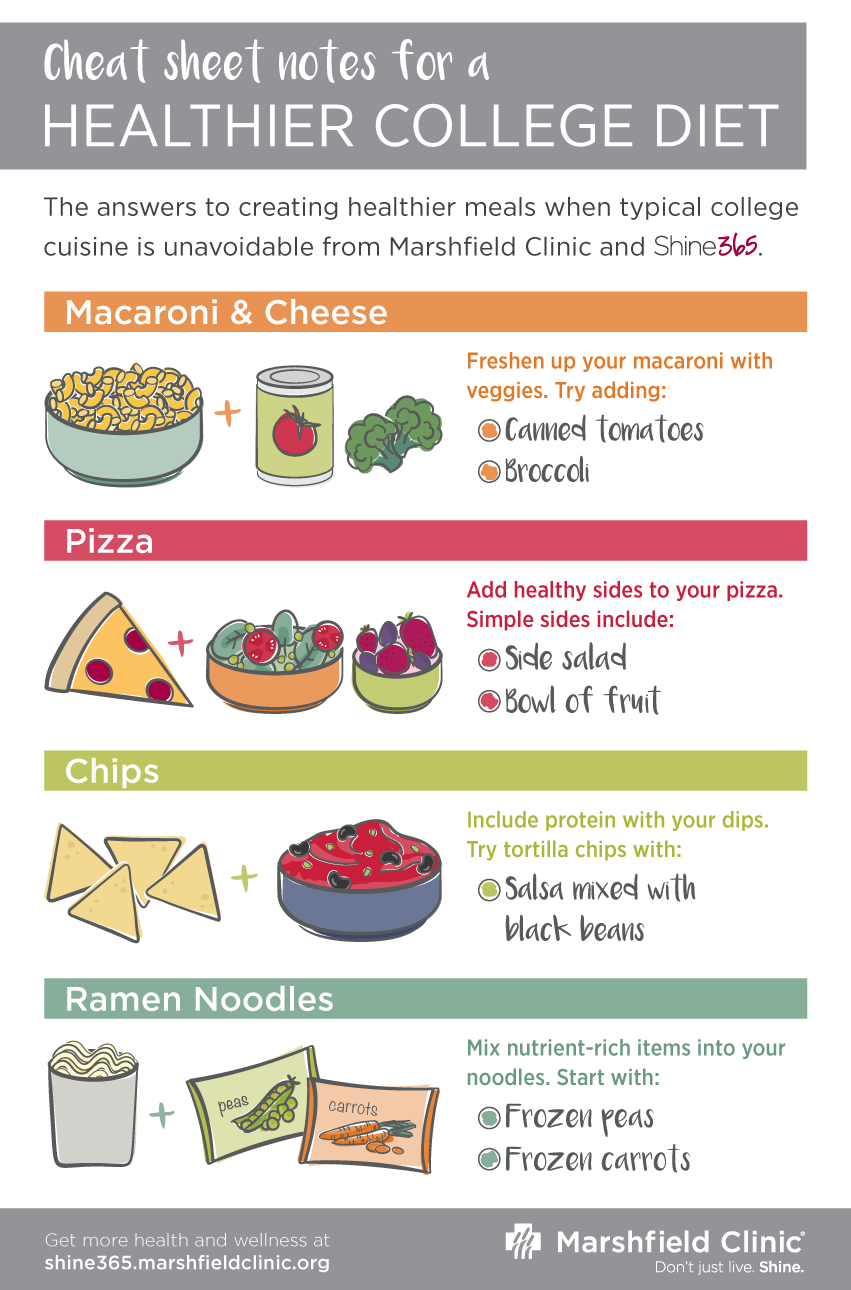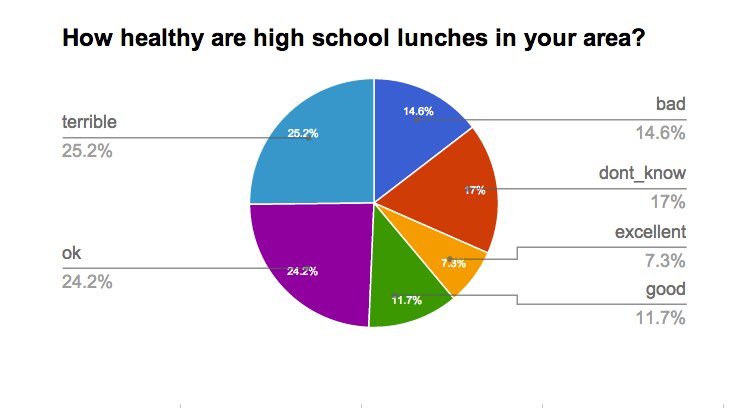College life can be incredibly demanding, leaving little time for self-care. Many students find themselves struggling with stress, poor sleep, and low energy. For leaf seekers on kratomforum.org and beyond, understanding the role of Healing Foods for College Students’ Wellness is crucial. This article provides practical advice and assistance to help you nourish your body and mind, boosting your overall well-being during this challenging but rewarding period.
Fuel Your Success: Healing Foods for College Students’ Wellness
Navigating the academic world requires immense energy and focus. But late-night study sessions fueled by caffeine and processed snacks often leave students feeling depleted. Healing Foods for College Students’ Wellness are not just about avoiding unhealthy choices; they’re about proactively choosing foods that support your academic performance, mental clarity, and overall health. This means prioritizing nutrient-dense options that provide sustained energy, improve mood, and enhance cognitive function. Learning about Healing Foods for College Students’ Wellness is an investment in your academic success and future well-being.
The Power of Nutrition for Peak Performance
The connection between diet and academic success is undeniable. When you fuel your body with Healing Foods for College Students’ Wellness, you’re investing in your ability to concentrate, retain information, and perform at your best. Think of your brain as a high-performance machine—it needs the right fuel to operate optimally. Healing Foods for College Students’ Wellness provide the essential vitamins, minerals, and antioxidants that support brain health and cognitive function.
Essential Nutrients for a Thriving Student
Many students overlook the importance of micronutrients. Vitamins like B vitamins are essential for energy production and nerve function, while iron is crucial for oxygen transport to the brain. Antioxidants, abundant in fruits and vegetables, protect your cells from damage caused by stress and environmental factors. Understanding the role of these nutrients in supporting Healing Foods for College Students’ Wellness is key to optimizing your academic performance and overall health.
Conquer Stress with the Right Diet
College life is inherently stressful. Deadlines, exams, social pressures—all contribute to a constant state of tension. But your diet can play a significant role in managing stress levels. Healing Foods for College Students’ Wellness include foods rich in magnesium, such as leafy greens and almonds, which can help relax muscles and calm the nervous system. Omega-3 fatty acids, found in fatty fish and flaxseeds, also have anti-inflammatory properties that can help mitigate the effects of stress on the body. By incorporating these Healing Foods for College Students’ Wellness into your diet, you can equip yourself with the tools to navigate the challenges of college life with greater resilience.
Boost Your Immunity: A Student’s Guide to Healthy Eating
A strong immune system is essential for navigating the close quarters and shared spaces of campus life. The constant exposure to germs makes it crucial to support your body’s natural defenses. Healing Foods for College Students’ Wellness should include plenty of fruits and vegetables, which are packed with vitamins and antioxidants that boost immunity. Yogurt and other fermented foods provide beneficial probiotics that support gut health, which is intimately linked to immune function. Prioritizing Healing Foods for College Students’ Wellness is a proactive step towards maintaining your health and minimizing illness throughout the academic year.

Improve Sleep Quality Through Dietary Choices
Sleep deprivation is a common problem among college students. Between classes, studying, extracurricular activities, and social life, many students struggle to get enough restful sleep. However, your diet can significantly impact your sleep quality. Healing Foods for College Students’ Wellness should avoid caffeine and sugar close to bedtime. Instead, focus on foods rich in tryptophan, an amino acid that helps produce melatonin, the sleep-regulating hormone. Turkey, bananas, and almonds are good sources of tryptophan. Prioritizing Healing Foods for College Students’ Wellness can contribute to improved sleep patterns and increased energy levels throughout the day.
Practical Tips for Healthy Eating on a Budget
Eating healthy doesn’t have to break the bank. Healing Foods for College Students’ Wellness can be achieved even on a tight budget. Prioritize affordable staples like beans, lentils, rice, and oats, which are excellent sources of protein and fiber. Take advantage of seasonal fruits and vegetables, which are often cheaper and more nutritious. Plan your meals ahead of time to avoid impulsive, unhealthy choices. Cooking at home, rather than relying on takeout or dining hall options, is also a cost-effective way to control the quality and quantity of your food intake. By adopting these strategies, you can achieve Healing Foods for College Students’ Wellness without compromising your financial resources.
Simple Recipes for Busy Students

Lack of time is often cited as a barrier to healthy eating. But even busy students can find time to prepare nutritious meals. Simple recipes that require minimal ingredients and cooking time can be a game-changer. Quick-cooking grains like quinoa and brown rice can be combined with canned beans and vegetables for a healthy and satisfying meal. Overnight oats are a convenient breakfast option, requiring only a few minutes of preparation the night before. Smoothies are another excellent way to incorporate fruits, vegetables, and protein into your diet. By embracing simple and efficient recipes, you can make Healing Foods for College Students’ Wellness a sustainable part of your lifestyle.
The Mental Health Benefits of Healing Foods for College Students’ Wellness
The benefits of Healing Foods for College Students’ Wellness extend far beyond physical health. Nutrition plays a crucial role in mental well-being. A balanced diet can improve mood, reduce anxiety, and enhance cognitive function, all of which are essential for academic success and overall happiness. The gut-brain connection is a growing area of research, highlighting the intricate relationship between gut health and mental health. By prioritizing Healing Foods for College Students’ Wellness, you can support both your physical and mental well-being.
Building Sustainable Healthy Habits for Long-Term Wellness
The key to achieving Healing Foods for College Students’ Wellness is to build sustainable habits that you can maintain long after graduation. Start by making small, incremental changes to your diet. Instead of completely overhauling your eating habits overnight, focus on gradually incorporating healthier choices. Find healthy alternatives to your favorite comfort foods. Experiment with new recipes and find foods that you genuinely enjoy. Make healthy eating a pleasurable experience, rather than a chore. By building sustainable habits, you’ll set yourself up for a lifetime of well-being.

Overcoming Common Challenges to Healthy Eating in College
College life presents unique challenges to healthy eating. Limited budgets, time constraints, and the abundance of tempting, unhealthy options on campus can make it difficult to stick to a healthy diet. However, with planning and determination, you can overcome these obstacles. Meal prepping on weekends can save you time during the week. Packing healthy snacks can prevent impulsive unhealthy choices. Finding healthy options at the dining hall or nearby grocery stores requires some effort but is achievable. By proactively addressing these challenges, you can successfully integrate Healing Foods for College Students’ Wellness into your college experience.
Seeking Support for Healthy Eating Goals
Don’t hesitate to seek support for your healthy eating goals. Talk to your friends, family, and roommates about your commitment to Healing Foods for College Students’ Wellness. Share recipes and meal ideas. Encourage each other to make healthy choices. Consider joining a campus fitness or nutrition group. Connect with registered dietitians or nutritionists for personalized guidance. Building a supportive network can significantly increase your chances of success. Remember, achieving Healing Foods for College Students’ Wellness is a journey, not a destination.
The Long-Term Impact of Prioritizing Wellness
The investment you make in Healing Foods for College Students’ Wellness will pay off long after your college days are over. By establishing healthy eating habits now, you’re setting yourself up for a lifetime of better health, increased energy, and improved mental well-being. These habits will serve you well in your future career, relationships, and overall life satisfaction. Prioritizing Healing Foods for College Students’ Wellness is an act of self-care that will have a profound and lasting impact on your life.
A Final Word on Healing Foods for College Students’ Wellness
Remember, the journey to better health is a personal one. There is no one-size-fits-all approach to Healing Foods for College Students’ Wellness. What works for one student may not work for another. Experiment with different foods, recipes, and strategies to find what best suits your needs and preferences. Be patient and kind to yourself, and celebrate your progress along the way. With dedication and a commitment to self-care, you can successfully integrate Healing Foods for College Students’ Wellness into your college experience and beyond.
Embracing a Holistic Approach to Wellness
Ultimately, Healing Foods for College Students’ Wellness is about more than just the food you eat. It’s about a holistic approach to well-being that encompasses all aspects of your life. This includes getting enough sleep, managing stress effectively, engaging in regular physical activity, and cultivating strong social connections. By integrating these elements into your lifestyle, you can create a foundation for lasting health and happiness. Prioritizing Healing Foods for College Students’ Wellness is a crucial step in this journey.
Tags: College student nutrition, healthy college eating, student wellness, healthy eating habits, college life diet

